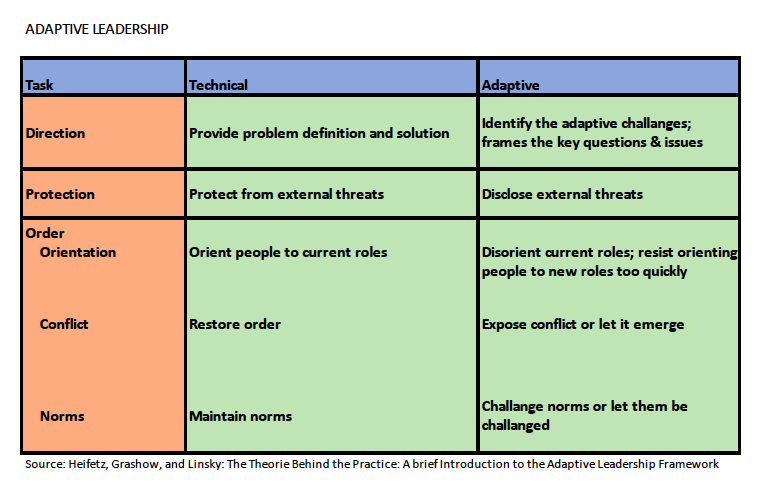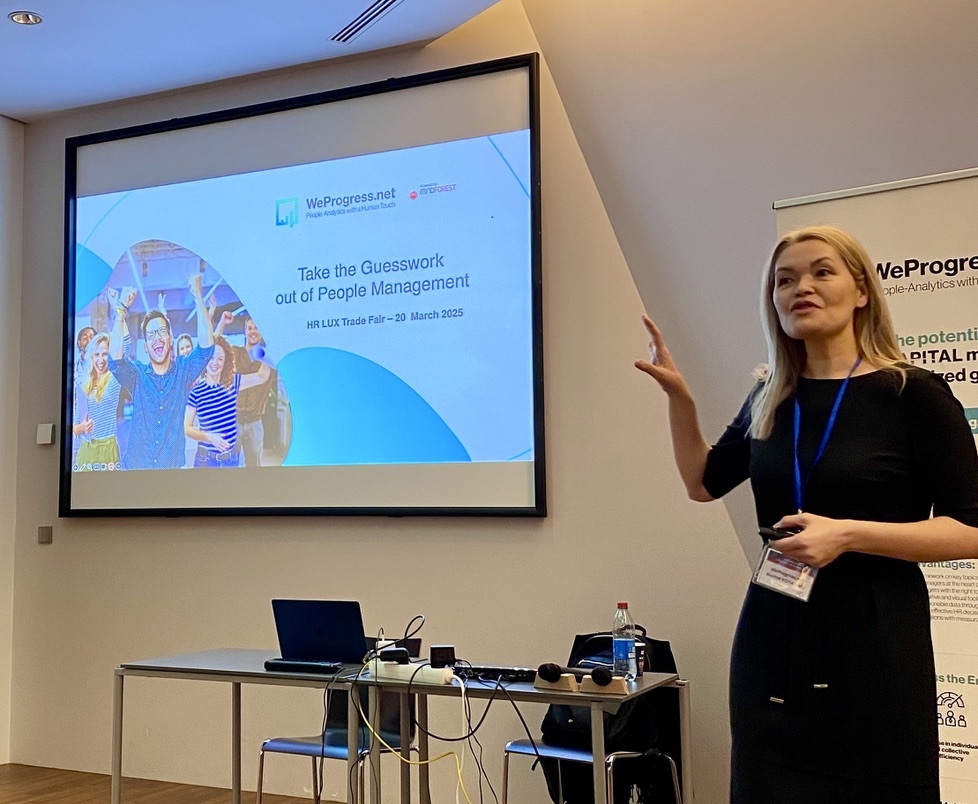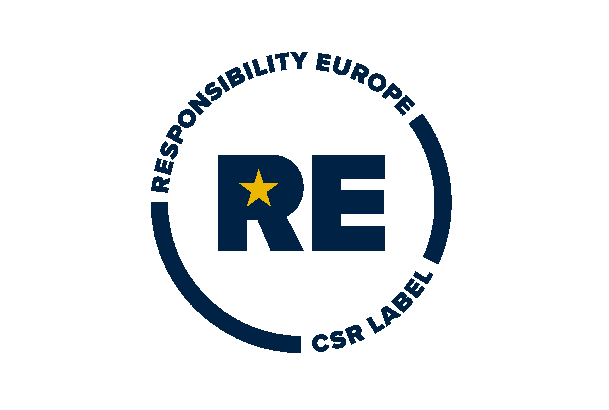Is Adaptive Leadership the Answer to Emerging Changes?
Throughout the year 2020, marked by the COVID-19 crisis, we saw government authorities, CEOs across various sectors, and even the households attempting to understand what was happening and trying to give some direction, protection and order to their followers.
Organisations and individuals have been forced to reassess their cultures, habits, ways of socialising and working to adapt to the new health protection measures, “the new normal”.
Many people kept hope that authorities would soon announce a solution to bring them back to what was perceived as “normal” life, but, in reality, it was clear that there was no easy and immediate answer.
In some countries, the aim to “fix” the problem made some authorities prematurely advertise medicines that were supposed to combat the disease; others consciously or unconsciously denied the seriousness of the situation; some others sought to adopt a more adaptative approach, trying to listen to experts from various areas, focusing on effective communication, and finding ways to deal with the virus in a more collaborative and experimental manner.
As you will see below, this brief retrospective of the COVID-19 crisis illustrates many aspects of the concept of adaptive leadership that has been increasingly adopted in this uncertain and rapidly changing world.
ADAPTIVE LEADERSHIP
Adaptive leadership is the practice of mobilizing people to tackle tough challenges and thrive. It is not a difficult task to mobilize people to accept salary increases or more days of holidays, but what has proven to be a tough task for leaders in change processes is mobilizing people to let go of things that are part of their “DNA” to adapt to new emerging realities[1].
In our changing environment, we see, for example, that many characteristics and skills that have made people successful, and products that have contributed to the triumph of organizations, are no longer sufficient to satisfy customer needs. It is painful for the people and organisations involved to acknowledge this « mismatch » and difficult to find leaders capable of helping them move from their comfort zone to a desired, but uncertain situation.
When people adapt to new contexts, they need to assess which behaviour, skills and values they should maintain and which they should drop. Plus of course, which ones should be developed in order to evolve.
Adaptive leadership is focused on addressing adaptive challenges. It is very important to distinguish technical problems from adaptive challenges.
TECHNICAL PROBLEMS
Technical problems can be very complex and relevant (e.g., the need for brain surgery). Solutions are based on current know-how and success depends on the application of authoritative expertise as well as the organisation’s structures, policies, procedures and ways to get work done[2].
ADAPTIVE CHALLENGES
Adaptive challenges are addressed by changes to people’s beliefs, habits, priorities and values. Their solutions are not based on authoritative expertise, but on discoveries. It is about letting go of things, tolerating, and generating a capacity to thrive through uncertainty[2].
We see adaptive challenges, for instance, when teams fail to collaborate well or when companies merge and teams need to let go of part of their existing and adapt to the new culture (new behaviour, values, processes, etc.).
LEADERSHIP X AUTHORITY
In the context of adaptive leadership, it is important to understand leadership as a practice, an activity that some people exercise some of the time. However, the notion of leadership is constantly associated with power, authority, and influence[2].
Authority however is granted by people on the assumption that the person will have the authoritative expertise and will do what is expected to be performed. For example, CEOs are supposed to provide a sense of direction, protection and order to the employees and also make the right decisions for the organisation[3]. Nevertheless, such expertise doesn’t necessarily help the organisation to deal with emerging adaptive challenges[3].
THE PRACTICE OF ADAPTIVE LEADERSHIP
The practice of adaptive leadership implies new forms of experimental expertise and ways of interacting that will help people develop solutions that build upon and surpass existing know-how. When helping organisations to address adaptive challenges, adaptive leaders will disturb the equilibrium, raising conflicts that people do not want to discuss and will question the status quo. The appropriate dose of imbalance is intended to help people let go of part of their “DNA” and reach an adaptive solution[2].

ADAPTIVE LEADERSHIP AND ORGANISATIONAL SUCCESS
The COVID-19 crisis showed that governmental authorities, individuals, and organisations need to deal with uncertainties and find experimental solutions to adapt. Adaptive challenges are all over the workplace and the world, they range from the current macro challenge of controlling a pandemic caused by an unknown virus, to the need to keep up with frenetic technological developments and, at the same time, the challenge of maintaining physical and psychological well-being in the face of so many social constraints.
Considering that the most common cause of failure in leadership is treating adaptive leadership challenges as if they were technical problems[3], oganisations that are able to spot adaptive challenges and find leaders to address them will have much more chances to keep on track and succeed.
Take, for example, the case of a renowned law firm, which observed that after onboarding a new client with thousands of new cases and doubling the number of lawyers, productivity actually dropped dramatically. The new client was a start-up that required an agile and pragmatic approach, while the lawyers had more traditional profiles. The negative feedback from this client generated « silent » frustration among the lawyers with the result that they performed less than before.
One of the partners detected this adaptive challenge and convinced the other partners of the need to solve it. They asked the lawyers to express their frustration. They underwent a complex process until they could become a large and high performing team, but it was possible because they were able to collectively renew the firm’s culture (adjusting it to their new size and clients) and also successfully reinvent themselves, exploring completely new possibilities and skills.
ADAPTIVE LEADERSHIP INVOLVES A COMPLEX PROCESS, BUT IT IS WORTHWHILE BECAUSE IN THE END: “IT IS NOT THE STRONGEST OF THE SPECIES THAT SURVIVES, NOT THE MOST INTELLIGENT THAT SURVIVES. IT IS THE ONE THAT IS MOST ADAPTABLE TO CHANGE (CHARLES DARWIN).
[1] HEIFETZ, R. A. and LAURIE, D. L. The Work of Leadership. Harvard Business Review Corporation, Cambridge, 2001.
[2] HEIFETZ, R. A., GRASHOW, A., LINSKY, M. The Theorie Behind the Practice: A brief Introduction to the Adaptive Leadership Framework. Harvard Business Review Press, Boston, 2009.
[3] HEIFETZ, R. A., GRASHOW, A., LINSKY, M. The practice of Adaptive Leadership: Tools and tactics for changing your organization and the world. Harvard Business Review Press, Boston, 2009.
WANT TO RECEIVE OUR LATEST THOUGHT LEADERSHIP CONTENT?
Related posts
 Take the Guesswork out of People Management
Take the Guesswork out of People Management
 From processes to people: achieving quality
From processes to people: achieving quality
 Daring to lead Positive Transformation: What if Positive Emotional Capital was your key to sustainable change?
Daring to lead Positive Transformation: What if Positive Emotional Capital was your key to sustainable change?
 Why hire Change management professionals? We can do it alone!
Why hire Change management professionals? We can do it alone!
 Digital Transformation and Change Management: Lessons shared in an event hosted by Cebi and MindForest
Digital Transformation and Change Management: Lessons shared in an event hosted by Cebi and MindForest



